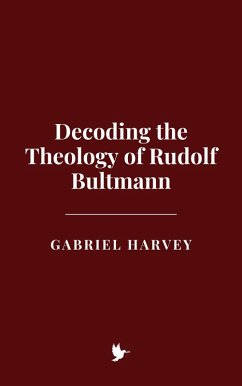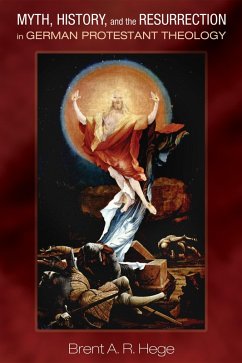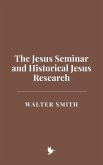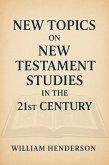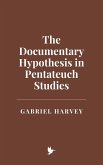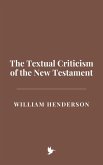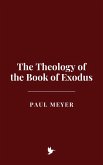This book offers an in-depth exploration of the theology of Rudolf Bultmann, one of the most influential figures in 20th-century Christian thought. Bultmann's existentialist approach to theology, particularly his
demythologization of the New Testament, reinterprets key Christian doctrines such as the resurrection, salvation, and the nature of faith, in light of the challenges posed by modernity, secularism, and existential philosophy. His central thesis-that Christian faith should be understood not through historical facts or supernatural certainties, but as an existential encounter with the divine-forms the backbone of this study. The book provides a comprehensive analysis of Bultmann's reinterpretation of the Bible, his engagement with existentialist philosophers like Søren Kierkegaard and Martin Heidegger, and his insistence that the gospel's power lies in its ability to transform human existence rather than in its historical or miraculous events.
The text critically engages with Bultmann's theological innovations, offering a historical context for his thought and examining how his ideas challenged traditional Christian theology. Through close readings of his key works, including
History and Eschatology and
New Testament and Mythology, the book assesses the impact of Bultmann's ideas on subsequent theological developments, including existential theology, liberation theology, and the theology of hope. Additionally, the work addresses critiques of Bultmann, particularly from conservative and dialectical theologians such as Karl Barth, and explores his ongoing influence in contemporary theological debates about faith, history, and secularism.
Dieser Download kann aus rechtlichen Gründen nur mit Rechnungsadresse in A, B, CY, CZ, D, DK, EW, E, FIN, F, GR, H, IRL, I, LT, L, LR, M, NL, PL, P, R, S, SLO, SK ausgeliefert werden.

